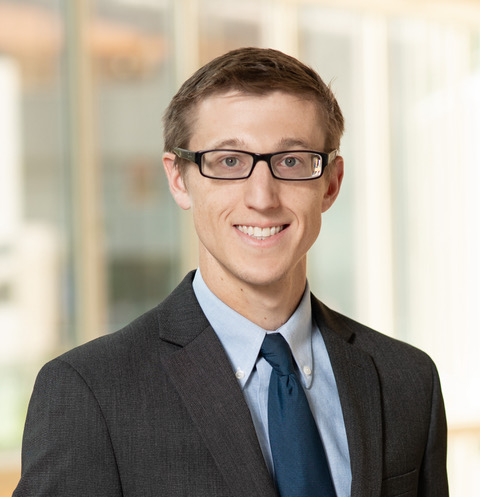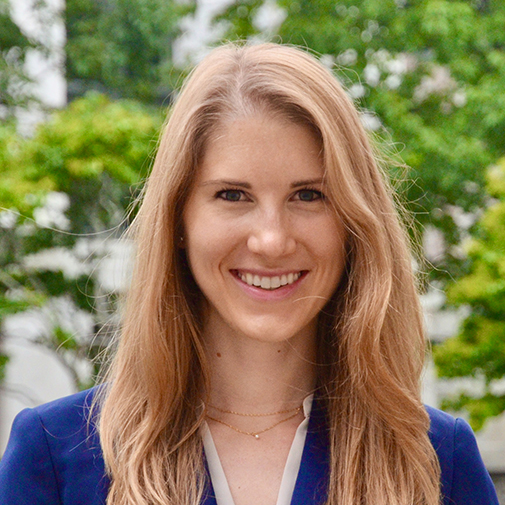Article:
Medical Students and the Drive for a Single Right Answer: Teaching Complexity and Uncertainty
Witt EE, Onorato SE, Schwartzstein RM. Medical Students and the Drive for a Single Right Answer: Teaching Complexity and Uncertainty. ATS Sch. 2021 Dec 7;3(1):27-37. doi: 10.34197/ats-scholar.2021-0083PS. PMID: 35633993.
Summary:
Many learners in the current and rising classes of students in undergraduate medical education, present with unique challenges due to an enhances sense of discomfort with uncertainty. Learners in Generation Z have been observed increasingly seeking an "answer key" in all aspects of medical education. This is felt to stem from coming of age in an era when information is instantly obtainable via technology and the internet, as well as due to an over-emphasis on multiple choice testing as the barometer of success throughout their educational process. Learners' focus on a single best answer and unease with uncertainty can undermine their development of clinical reasoning skills, as frequently diagnostic and treatment plans can be uncertain in the clinical environment. The authors review pedagogical solutions to combat prioritizing outcomes over process and fear of faltering through a mindset of productive failure, and how to help learners tolerate uncertainty in clinical situations.
Interview:
RK: To begin, would you be willing to discuss your motivation for writing this piece?
EW: The impetus for this piece came from anecdotal observations that medical students frequently request a single right answer for the problems that they face. My co-author, Sarah Onorato, and I observed this during our peer teaching experiences and had separately discussed it with senior author Dr. Schwartzstein, who had observed a similar trend. It seemed as if, even after explaining the complexity and nuance of a problem in the classroom or on the wards, students would still ask "OK, so what is the correct answer?"
Medical school is a challenging experience in which students are constantly thrown into unfamiliar environments, while attempting to master an enormous amount of new knowledge. This can cause an incredible amount of anxiety. Therefore, it is anxiety-relieving when someone provides a clear-cut solution to the problem. While this seems harmless, we wondered whether this desire for the single right answer would ultimately undermine students' ability to appreciate complexity, navigate uncertainty and hone their clinical reasoning skills.
RK: As you discuss in your article, managing uncertainty is a challenging aspect of medicine, and one that I think exists across all levels of training and years of practice. What do you think is important for clinician educators to know about what makes learners in Generation Z unique in their relationship to this uncertainty?
EW: What Dr. Onorato and I noticed with our generation and the generation behind us is that we have grown up at a time when we have the answers to so many questions at our fingertips and can look everything up instantly. In that way, we are accustomed to the immediate gratification of finding out information quickly. In the article, we posit that, as a result, students are not accustomed to sitting with uncertainty.
In the paper, we reference a point in A More Beautiful Question that as the world becomes more complex, finding a single right answer is less valuable than being able to ask the right question. Given that Gen Z has grown-up with easy access to a vast amount of information, it is critical to re-emphasize to this generation of learners that understanding the path to the best solution and mastering the principles of the process will be more reliable than quickly finding or memorizing individual answers.
RK: A theme in the article is that learners in Generation Z more frequently seek a "single best answer" to clinical situations at the expense of developing critical clinical reasoning skills as clinical situations often are too complex to allow such a single best answer approach. To best help learners tolerate ambiguity, how should educators approach clinical rounds in which ultimately one course of action will be decided on by the supervising physician, which learners could perceive as the "single best answer"?
EW: I think that there are several strategies that the excellent medical educators I have worked with and learned from have employed on the wards that work particularly well.
-
Show your work as an educator. It is useful for educators to explain their logic out loud so students can see how the team navigates an uncertain situation with incomplete information to arrive at a final decision.
-
Ask students to show their work. I was once in the operating and the attending surgeon I was with for the day asked me to calculate something I had not done before. I did some quick mental math and a lot of guesswork, and managed to come up with the right answer. He smiled and then said, "Great, now show your work." pushing me to explain how I got there. This was a crucial element to the exercise because he was able to help me identify errors so that I would be able answer this question correctly every time in the future, instead of using my haphazard methods.
-
Create opportunities for students to grapple with uncertainty. This may or may not be on clinical rounds. It may be more reasonable to use any down time or pre-scheduled didactics to review clinically complex cases in order to help students appreciate the gray areas in which the teams moved forward with patient care without a clear right answer.
RK: Modern medical practice is one in which hospitals, clinics, and individual providers are often judged by specific metrics and patient outcomes, which can lead to emphasis of the outcomes themselves more so than the process by which we achieve the outcomes. Do you feel this aspect of medical practice has any bearing in medical education with learners' focus on outcomes more than the learning process that you describe in your article?
EW: I think that students' focus on finding the single best answer is the result of incentive structures in medical school rather than in their future medical practice. Nevertheless, it is possible that some students see similarities between these incentive structures and the ones they will encounter down the road. I think it is especially important to stress to students that, though the ultimate method of evaluation in clinical practice may appear to reward a single outcome, the method by which you achieve those outcomes is equally, if not more, important. Focusing only on the end result creates the risk that they will move forward with incomplete mastery or incorrect reasoning, which may set them up for poor outcomes in the future.
RK: A fascinating concept you cite as an approach to combat discomfort with uncertainty is the idea of productive failure. Can you elaborate what productive failure is? And how can educators teach it in the clinical setting within the context of delivering patient-centered care?
EW: Productive failure is a pedagogical approach in which challenges that students are likely to fail in the short term can lead to better performance and success in the long term. In a seminal study of this topic led by Manu Kapur, students who were given problems that were poorly structured and designed to induce failure ultimately did better on subsequent tests than students who were initially given well-structured problems that they were more likely to answer correctly. It underscores the value of creating intentional spaces for students to fail, not only to normalize failure but also help students learn how to "fail forward."
One safe and reliable way to do so is through simulation, in which failure is expected and supported. On the wards, the idea of productive failure can be achieved any time you ask students to do something on the edge of their zone of proximal development while supporting them as they stretch their skills set. The important thing is to ensure that they understand how they failed and how to address it going forward.
Blog Post Author

Rick Koubek, MD is a Chief Pulmonary and Critical Care Medicine Fellow at Mayo Clinic in Rochester, MN. He is interested in pursuing a career as a clinician-educator and has specific interest in curriculum design, simulation-based learning, and procedural teaching.
Article Author




